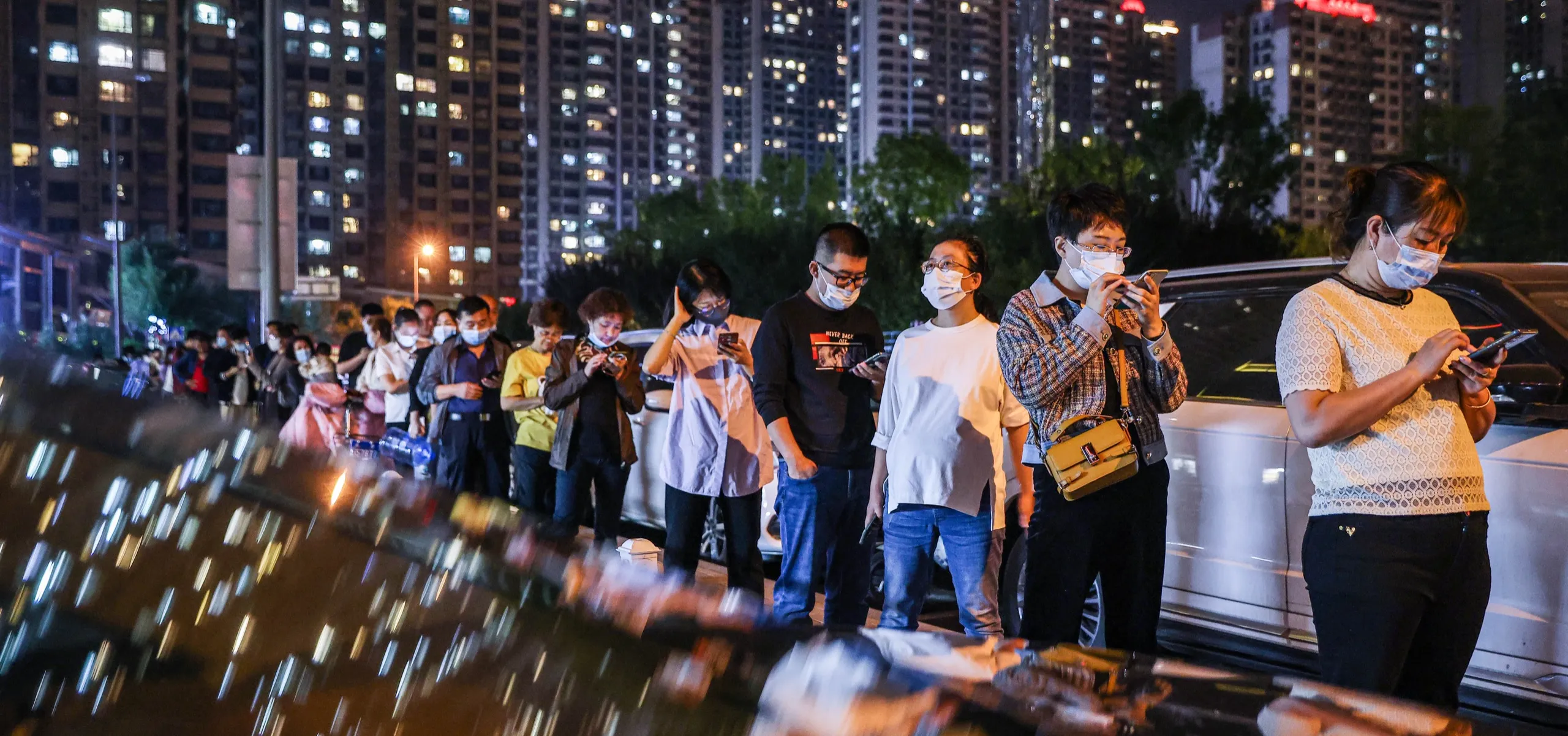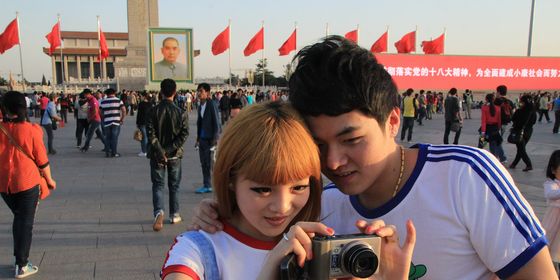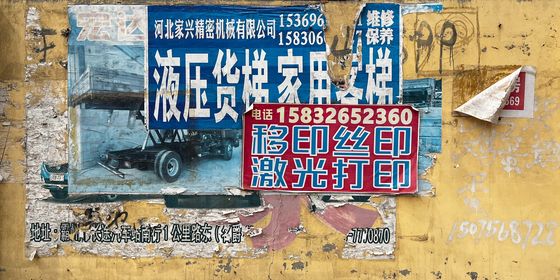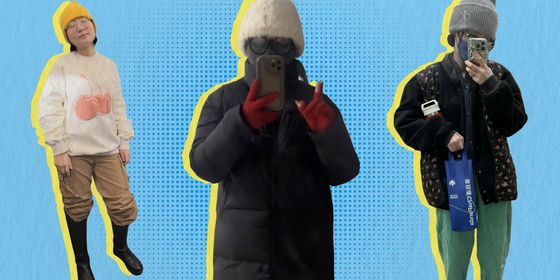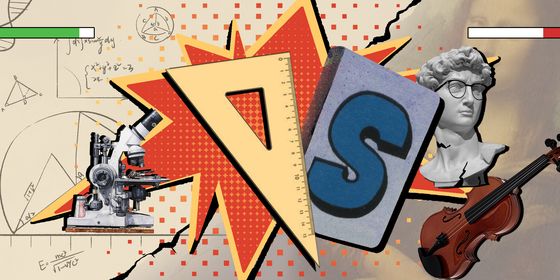Months after recovery, some former Covid-19 patients struggle with job discrimination, dating stigma, and even separate testing queues
Ever since Shi Wanqing contracted Covid-19 in April, every test she’s taken for the virus has been an ordeal.
“You need your own tube?” a Covid tester in Shanghai repeated loudly back to Shi on one occasion in June, over a month after Shi had recovered from her infection, and weeks after the city’s strict lockdown measures had been lifted. “You were in a shelter hospital before?” the tester questioned again. Her voice carried to the line of people also waiting for a test and Shi, who asked to use a pseudonym for this piece, remembers hearing whispers of concern and seeing at least one person behind her take a step backwards after overhearing.
Shanghai regulations mandate that residents must have a negative test result no more than 72 hours old to enter public venues like shops, offices, and public transport. For most it is a routine inconvenience, but Shi’s history of infection means she often must join a separate queue and endure extra scrutiny and embarrassing, awkward, and traumatizing interactions with testers and fellow residents.
Shi, a 35-year-old manager working in a Sino-foreign tourism company, had left medical isolation in a makeshift Covid-19 hospital on May 3, but Shanghai government rules meant she was still required to use a single sampling tube, rather than the standard batch of 10, in regular nucleic acid testing (for fear of a “Covid-19 rebound” or retesting positive which would affect others’ PCR test results in a mixed sampling).
“In the makeshift hospital, we were always told, especially by the notices stuck on the wall every few meters, that we would be the safest group [in terms of the immunity to coronavirus] within months after we recover from the disease. This is a scientific fact that has been assured by the nation,” says Shi.
“But having left the hospital, everything is completely different: we face discrimination daily,” she tells TWOC.





